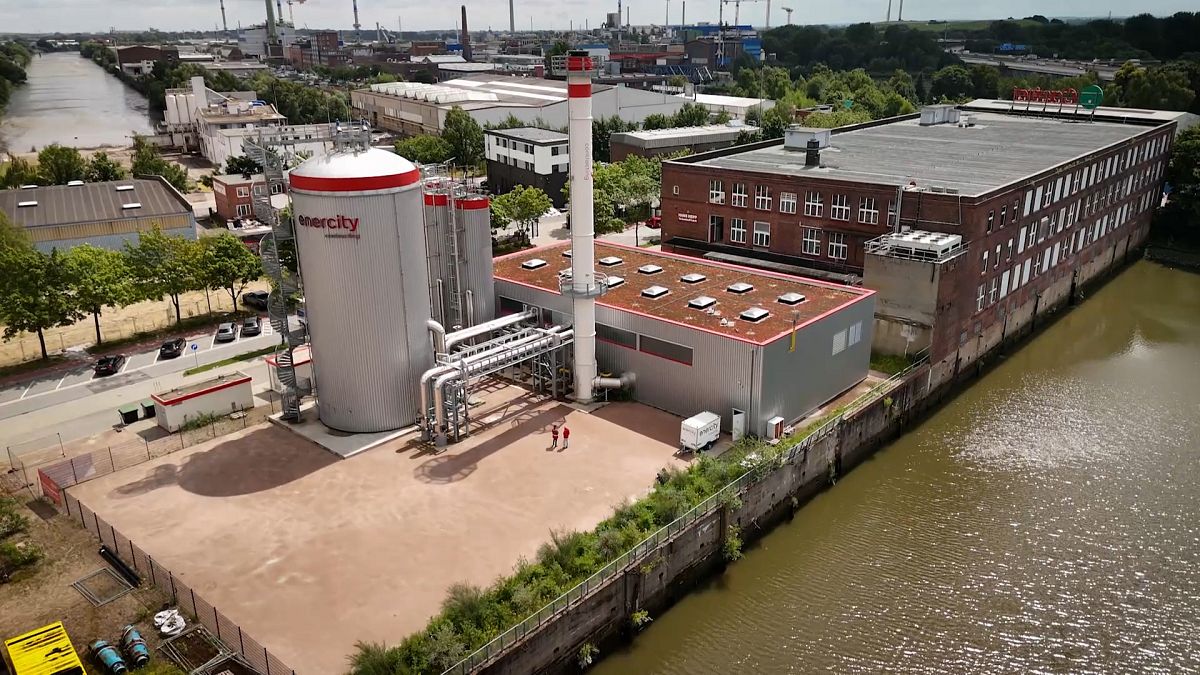

In a world increasingly challenged by climate stresses, innovative initiatives are emerging to combat the environmental impact of urban and industrial activities, presenting a hopeful pathway forward. As scientific awareness about the environment heightens, several regions across the globe are adopting pioneering techniques to address climate change and its disparate impacts.
In Hamburg, Germany, a remarkable district heating system has become a beacon of sustainable innovation. This system harnesses waste heat from a local copper smelter to produce hot water for the city, significantly reducing CO2 emissions. Instead of releasing the waste heat into the atmosphere, the system recycles it, thus creating an eco-friendly alternative for heating. This method not only warms the city efficiently but also sets an inspiring example of reducing the urban carbon footprint, positioning Hamburg as a leader in sustainable urban living.
Meanwhile, Greece has taken steps towards protecting its vulnerable marine ecosystems by establishing two new national marine parks. These protected areas aim to safeguard oceanic biodiversity and meet international conservation targets ahead of the 2030 deadline. The creation of these parks underscores the country’s commitment to preserving marine habitats, which hold ecological significance and crucial resources for sustainable development. Such conservation efforts also carry diplomatic weight, as they align with global environmental agreements and foster international cooperation on ecological preservation.
However, as some regions advance sustainable practices, others grapple with severe climate challenges. The Mediterranean Sea is currently experiencing an extreme heatwave, with sea temperatures around Spain and Portugal reaching unprecedented highs. Marine life faces dramatic threats as these elevated temperatures persist, challenging the resilience of underwater ecosystems. This climate phenomenon underscores the broader concerns raised by the human-induced climate crisis, as more frequent and intense marine heatwaves could lead to long-term changes in marine biodiversity.
In the Middle East, Iran is facing a notable water crisis exacerbated by rising temperatures. Recent reports indicate that temperatures have soared above 50°C, leading to depleted water reservoirs and prompting the government to announce a public holiday as a measure to curb water usage. The situation underscores the need for strategic water management policies and adaptation plans in regions prone to extreme weather conditions. Communities are being urged to adopt mindful water consumption habits to alleviate pressures on limited resources.
Meanwhile, in Gaza, the aftermath of recent conflicts has left behind millions of tonnes of building rubble. Processing this debris—which could take decades—presents a significant environmental challenge, with the potential to release 90,000 tonnes of greenhouse gases. This scenario highlights the detrimental long-term environmental impacts of conflict, emphasizing the importance of integrating environmental considerations into reconstruction and waste management plans.
As these varied scenarios unfold across the globe, they collectively highlight the urgent need for thoughtful environmental governance and innovative solutions to mitigate climate impacts. Whether through technological advancements, conscious resource management, or international cooperation on conservation efforts, each step towards a more sustainable future represents a commitment to fostering a resilient and balanced ecosystem for generations to come.
Source: {link}
